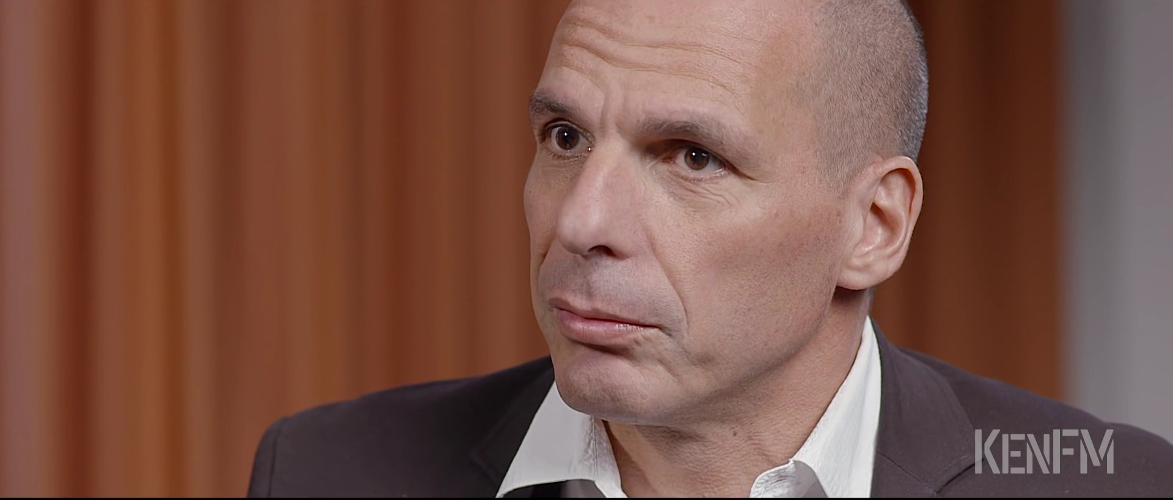By Norbert Häring
Because the machinations of the former pharmalobbyist and current Federal Minister of Health Jens Spahn still cause far too little indignation with the coalition partner, with an opposition tamed by Corona and in the public, I want to report here what the medical association Interessengemeinschaft Medizin e.V. has to say about it.
For the background and introduction, here are the most important passages from Spahn’s lobbyist dossier in the 2018 reflection pages, shortly before his appointment as Minister of Health:
(translation)
“In 2006, the then 26-year-old careerist founded a civil-law partnership (GbR) together with his friend, the then head of his office as a member of parliament, Markus Jasper, and the lobbyist Max Müller, through which he was involved for years in “Politas”, a lobbying agency for pharmaceutical clients, although he had already been a member of the Health Committee of the German Bundestag from 2009. It is true that Spahn sold his shares in “Politas” in 2010 because “he wanted to avoid the impression of a possible conflict of interest”. However, this did not prevent him from copying word-for-word texts from the Association of German private healthcare insurers (PKV) in 2012 in the position paper that he and his CSU colleague Johannes Singhammer put forward against the citizens’ insurance demanded by the Greens – according to the “Leipziger Volkszeitung”. Until March 2015, Spahn was also chairman of the “Beirat Gesundheit”, a society for the study of structural policy issues that brings companies and associations together with members of parliament and representatives of the federal government to prepare legislative initiatives – it is purely coincidental that the private health insurance company is also an important member here”.
Against this background, it is no longer so much of a surprise why the Minister of Health has launched such a series of laws which, without exception, contain regulations to facilitate access to our health data and/or their central storage. And this is what the Interessengemeinschaft Medizin e.V. has to say about it:
“Data protection is only something for healthy people,” the current Minister of Health quotes in the remarkable 2016 book “APP vom Arzt” . In the protection of the corona pandemic, the Federal Minister of Health now seems to be aiming to turn the people with statutory health insurance into a commodity on the new German data market, the German Medical Interest Group (Ig Med e.V.) states.
(translation)
“Every legislative activity of the Federal Minister of Health, Spahn, aims to make the most personal data of patients more or less hidden, freely available to health insurance companies and corporations and thus also tradable,” explains Ilka Enger, chairwoman of the IG Med. Doctors, dentists and pharmacists are unintentionally becoming accomplices of this unprecedented disregard for basic civil rights by the Minister of Health.
The Interessengemeinschaft Medizin has already pointed out several times that several laws violate the right of citizens to informational self-determination.
Jens Spahn’s unparalleled data plundering began with the Inplantateregistergesetz, which regulates that the data of patients with medical implants from joint endoprostheses to pacemakers to breast implants are recorded in plain text in a central register. The “Digital Supply Act”, which allows the data of all contract physicians, which is required for billing purposes, to be sent centrally to a data center where it is collected in a “pseudonymized” form, i.e. potentially encrypted for traceability.
“Patients are told that their data will be used for scientific purposes,” reports the internist from Neutraubling. “In truth, the other regulations currently hidden in so-called omnibus laws by the Minister of Health show that it is probably more a question of making the data of the 73 million patients usable for industry and health insurance companies – the patient will be transparent.”
According to IG Med, it is particularly alarming that the patient is not asked beforehand and has no right to object to the storage or to demand deletion. An “Unding” – as also the Federal Data Protection Agency states accordingly. The IG Med refers besides to the multiple criticism at the straight in the Bundestag adopted PDSG law (PDSG = patient data protection law), which will cause the opposite of its designation in many parts. The IG Med asks why also for this law in the public hardly an exchange of opinions was arranged.
“73 million people in Germany are more or less compulsory members of statutory health insurances and thus apparently also give up the right to decide on their own health data and its disclosure,” says Steffen Grüner, deputy chairman of IG Med. “We consider this a serious violation of basic civil rights and will defend ourselves against it also for our patients – a constitutional complaint against this legislation is in preparation.
Surprisingly, this health policy time bomb seems to be ignored benevolently by the opposition parties – or they fail to recognize the explosiveness of these ” Spahnian campaigns” for civil liberties.
Sources:
+++
Thanks to the author for the right to publish.
+++
Image source: photocosmos1 / shutterstock
+++
KenFM strives for a broad spectrum of opinions. Opinion articles and guest contributions do not have to reflect the views of the editorial staff.
+++
KenFM now also available as a free app for Android and iOS devices! Via our homepage you can visit the stores of Apple and Google. Here is the link: https://kenfm.de/kenfm-app/
+++
Support us with a subscription: https://www.patreon.com/KenFMde
+++
You like our program? Information about further support possibilities here: https://kenfm.de/support/kenfm-unterstuetzen/
+++
Now you can also support us with Bitcoins.

BitCoin address: 18FpEnH1Dh83GXXGpRNqSoW5TL1z1PZgZK










Kommentare (0)